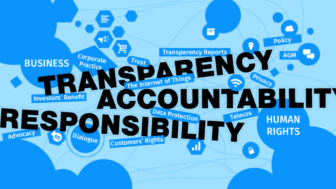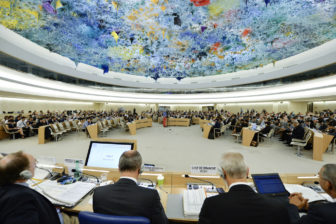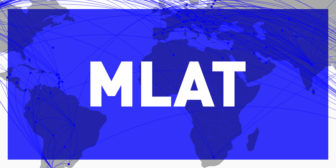Tag: China

Hard(ware) questions about government hacking: what if the Bloomberg story is true?
The Bloomberg reports underscore a frightening reality: we’re not prepared for this kind of hardware attack. Governments and companies must work together to prevent them.

China tips the scale of global cybersecurity by hoarding vulnerabilities
China’s delay in sharing technology flaws with the international community is likely to have a long-term negative impact on global cybersecurity.

Access Now calls on 22 major tech companies to account for their human rights practices
We’re working with Ranking Digital Rights to make sure the companies tracked in the Corporate Accountability Index respond and take steps to protect your rights.

Open letter to Google on plans to launch a censored search engine in China
The coalition letter asks Google to break its silence on the “Dragonfly” project and explain how it plans to protect human rights.

Google beta-tests selling out on its mission
Google walks back earlier stand against helping censorship in China

Watching what governments do, not what they say: digital rights at the United Nations
Our submissions to the United Nations Human Rights Council provide evidence of digital rights abuse in Chad, Central African Republic, China, Mexico, and Jordan.

A closer look at China’s Cybersecurity Law — cybersecurity, or something else?
The law not only undermines human rights, it is likely to make China’s internet less secure.

Understanding China’s Cybersecurity Law: flawed by design
The law has been compared to Europe’s General Data Protection Regulation, but it fails to safeguard the human rights of the people it’s supposed to protect.

Fourth Annual Heroes & Villains of Human Rights and Communications Surveillance
Here are the five winners — and losers — of the Heroes & Villains of Human Rights and Communications Surveillance Awards, recognizing those who have helped or harmed digital rights in 2017.

A diagnosis: Why current proposals to fix the MLAT system won’t work
A “bypass” operation for MLATs won’t save the patient (or protect human rights).